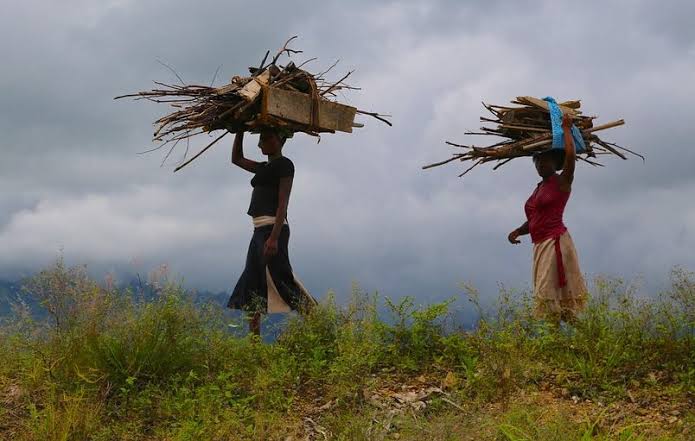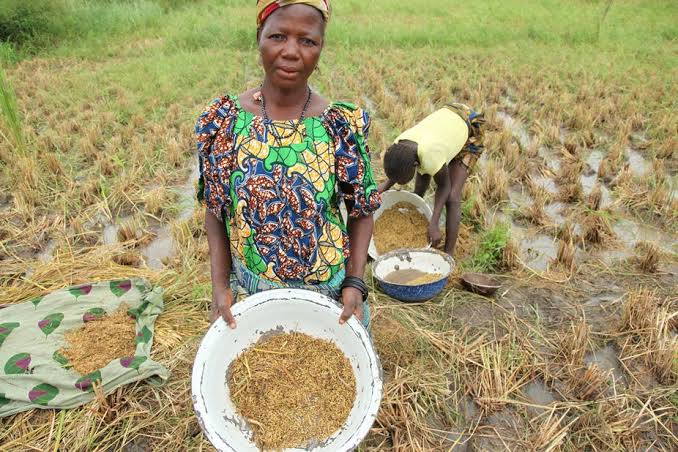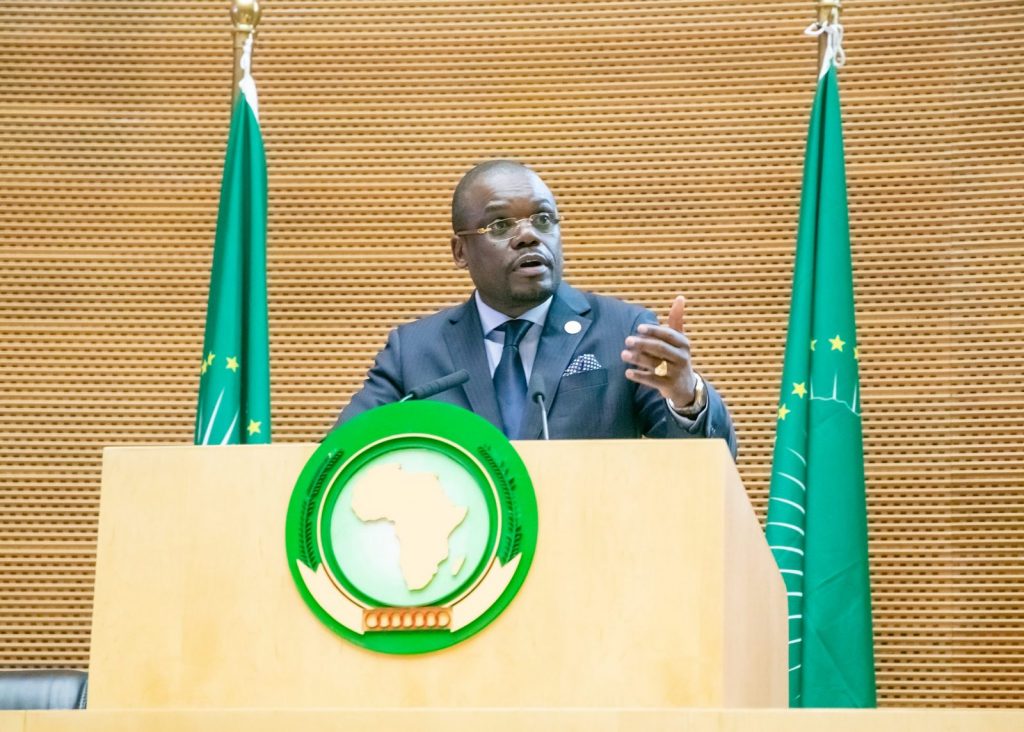Africa is one of the continents facing the most severe impacts of climate change, with nine out of the 10 most vulnerable countries in sub-Saharan Africa.
Climate change is expected to drastically impact agricultural productivity, increase the incidence of disease, poverty, and water stress and lead to conflict.
On the sidelines of the 66th session of the Commission on the Status of Women a United Nations event held in March 2022 African women leaders came together to discuss the impact of climate change on African women and the girl child.
Also discussed are the leadership roles that women are playing or are capable of playing in mitigating the impacts of climate change.
The African Union Special Envoy on Women, Peace and Security and co-convener of the African Women Leaders Network (AWLN) Bineta Diop, said the event is an opportunity to discuss crucial issues of women’s leadership in mitigating the impact of climate change and building a sustainable climate resilient Africa.
The event also focused on best practices and experience sharing, as well as providing clear recommendations on how to mitigate the impact of climate change.
However, a year on from the conference women are still suffering from the effects of climate change which is a departure from the dreams held by the African women leaders.
Any link Between Gender and Climate Change?
Yes, gender and climate change are linked in several ways.
Climate change has a disproportionate impact on women and girls, particularly those living in poverty in developing countries like Africa.
Women are more likely to be affected by climate change because they are generally more dependent on natural resources for their livelihoods, and climate change often leads to the degradation of these resources, such as water and land.
Women are also more vulnerable to the impacts of natural disasters, such as floods and droughts, which are likely to become more frequent and severe due to climate change.
This is because women often have fewer resources and less access to information, which makes it harder for them to prepare for and recover from such events.
Climate Change and Women in Sub-Saharan Africa
Climate change has a significant impact on women and girls in Sub-Saharan Africa. This region is particularly vulnerable to the effects of climate change due to its high dependence on agriculture and natural resources for livelihoods, and its limited capacity to adapt to changing conditions.
Climate change affects women and girls in Sub-Saharan Africa in many ways for example;
Food insecurity. Climate change leads to unpredictable weather patterns, which can result in crop failures and food shortages.
Women and girls are disproportionately affected by food insecurity because they are often responsible for food production and preparation, and may have limited access to resources such as land, water, and credit.
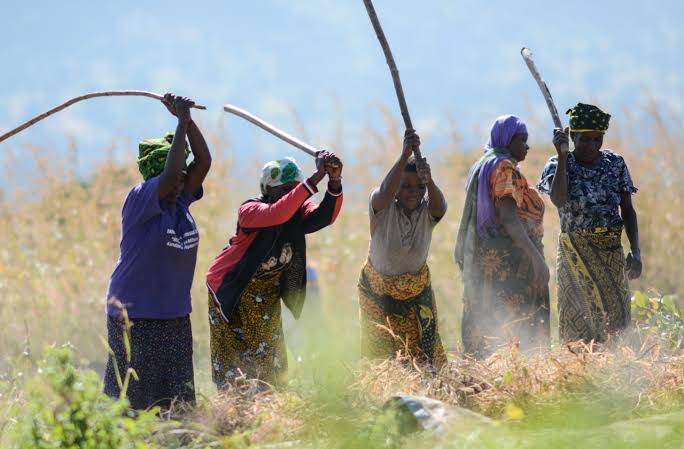
Another effect of climate change on women and girls is Water scarcity. Climate change can lead to decreased rainfall and increased evaporation, which can result in water scarcity.
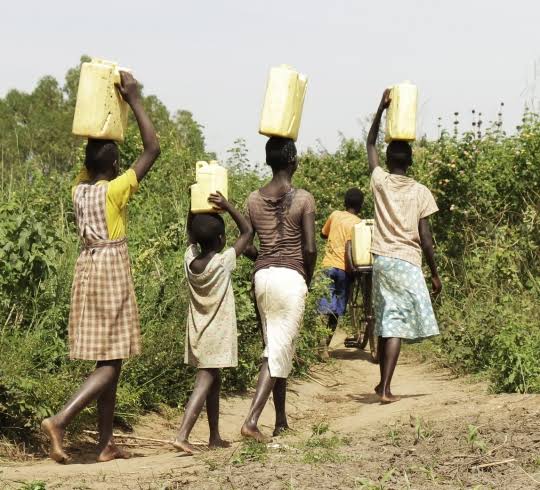
As it is the practice in most African homes Women and girls are often responsible for water collection and management, and may have to travel long distances to access water sources, especially in rural areas.
This can have a great impact on their health, education, and economic opportunities.
Looking specifically at the Health impacts, Climate change can exacerbate existing health issues and create new ones.
For example, increased temperatures can lead to the spread of diseases such as malaria and dengue fever.
Women and girls are often responsible for caring for the sick and may be at increased risk of contracting these diseases themselves.
Also, Climate change can impact access to education for girls. For example, girls may be forced to drop out of school to help with household tasks such as water collection or to work on the family farm.
Conflict is another way climate change can have adverse effects on women and girls. Climate change can exacerbate conflict over resources such as land and water. Women and girls are often the most vulnerable to the impacts of conflict, including displacement, violence, and sexual exploitation.
Addressing the gender dimensions of climate change is crucial for ensuring that policies and programs are effective and equitable and that the needs and concerns of women and girls are addressed.
Furthermore, women are often excluded from decision-making processes related to climate change, despite being important stakeholders and having valuable knowledge and perspectives to contribute.
This can lead to policies and practices that do not adequately address the needs and concerns of women and girls.
Recognizing and addressing the gender dimensions of climate change is therefore important for ensuring that climate policies and programs are effective, equitable, and sustainable.
By Dare Akogun


